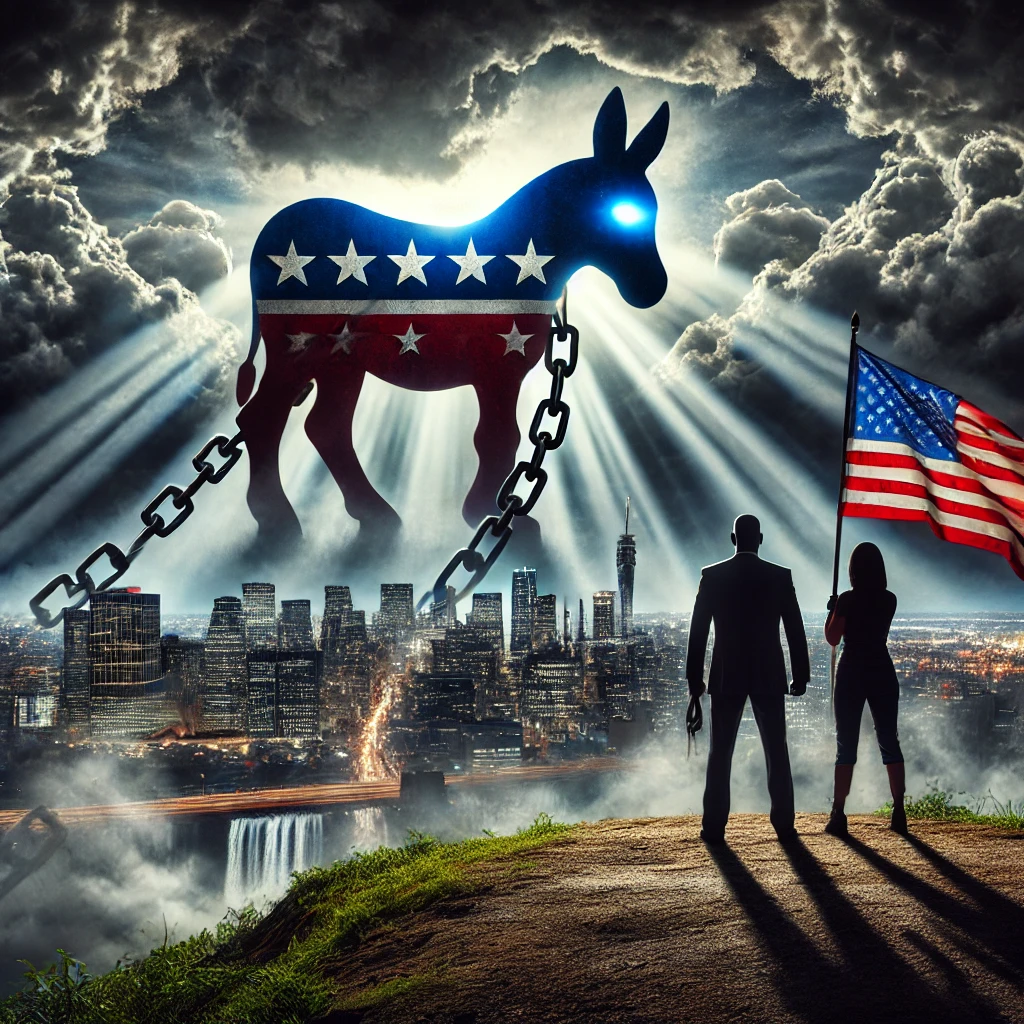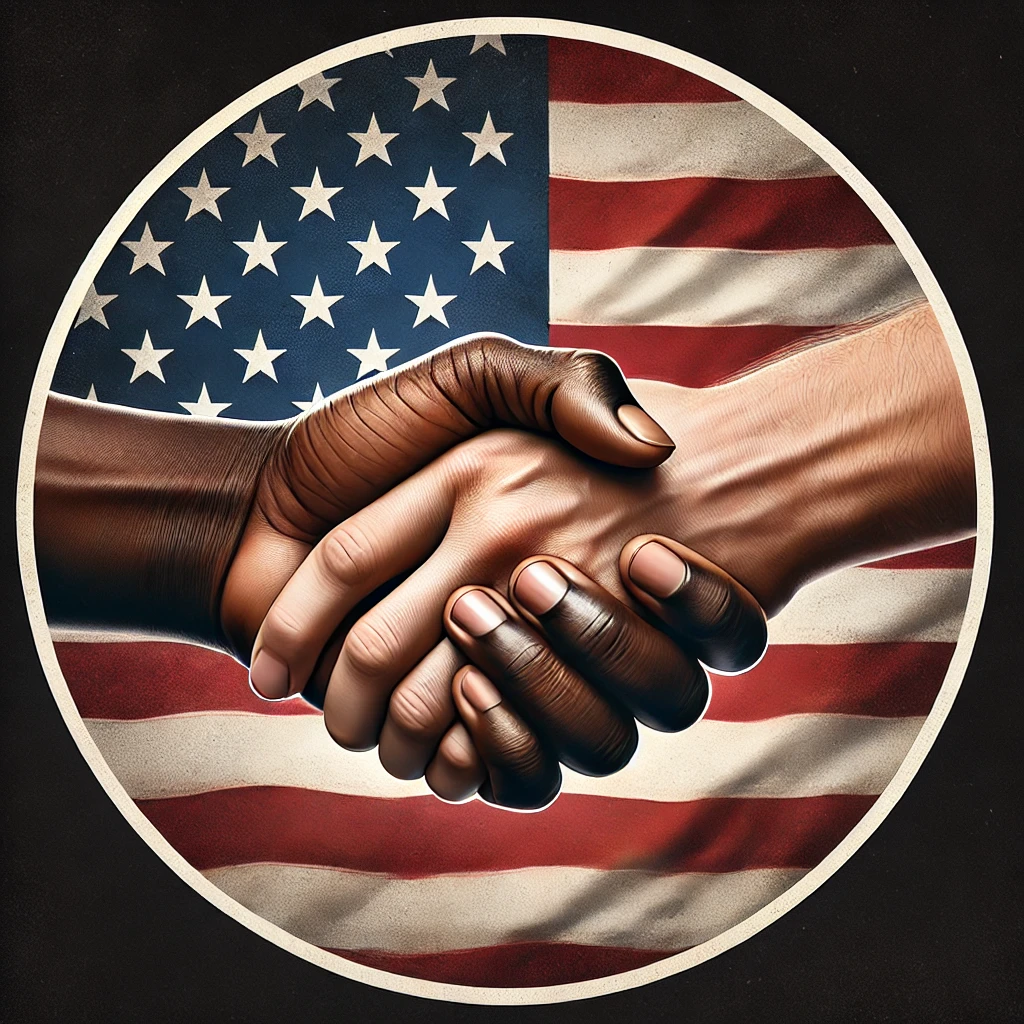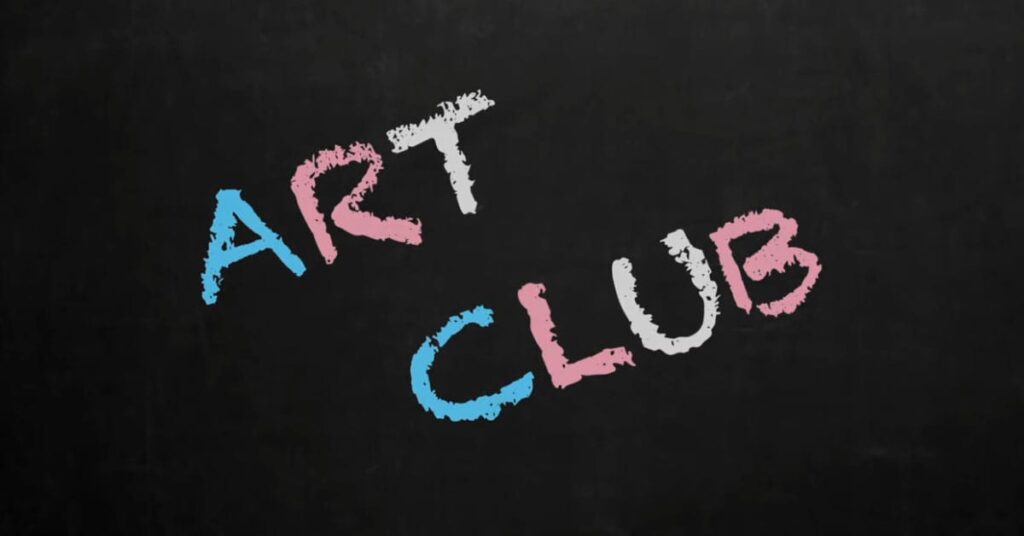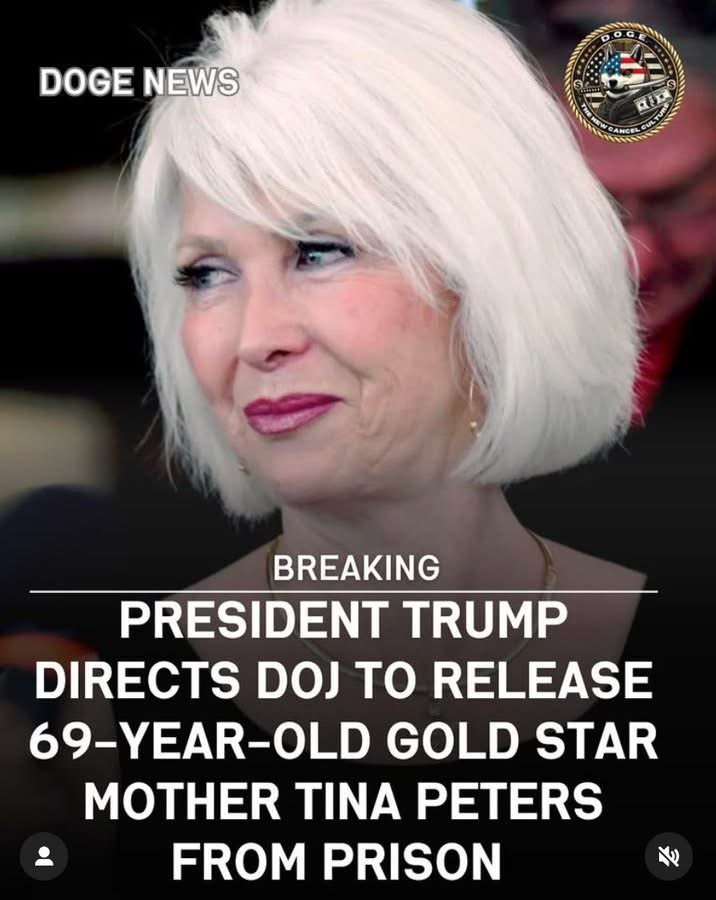Table of Contents
The Origins of the Democratic Party and Its Dark Legacy
The Controversial Origins of the Democratic Party
The Democratic Party, founded in 1800, has played a significant role in shaping American political history. However, its early years were marked by controversial support for the institution of slavery, which was a deeply entrenched part of American society at the time. The party’s alignment with pro-slavery interests was not just a political stance but a central tenet that influenced its policies and actions for decades. This association with slavery has left a lasting legacy, raising questions about the party’s impact on American society, especially concerning its treatment of marginalized communities.
The Impact of the Democratic Party on the Black Community
The Democratic Party’s early support of slavery laid the foundation for a series of policies and actions that have profoundly affected various communities in the United States, particularly the Black community. Over time, the party’s actions have been scrutinized for perpetuating systems of inequality and oppression. Critics argue that the Democratic Party’s historical policies have had long-lasting detrimental effects, contributing to the challenges faced by the Black community even today. Understanding this history is crucial for examining the party’s role in shaping the social and political landscape of America, as well as its ongoing influence on issues of racial justice and equality.
The Democratic Party and the Confederacy
The Democratic Party and Its Support for the Confederacy
As the United States teetered on the brink of civil war, the Democratic Party’s support for slavery became even more pronounced through its backing of the Confederacy. The party’s alignment with Southern interests during this tumultuous period was a defining chapter in its history. Democratic leaders were closely associated with the Confederacy, which fought to preserve the institution of slavery at all costs. This alliance with the Confederacy highlighted the party’s deep commitment to maintaining a system that dehumanized and oppressed millions of Black Americans. This period remains a critical point of reflection when considering the historical impact of the Democratic Party on American society.
The Lasting Legacy of the Democratic Party’s Confederate Ties
The Democratic Party’s role in supporting the Confederacy has left an indelible mark on its legacy, particularly regarding its historical stance on slavery and racial issues. By aligning with the Confederacy, the party became deeply involved in defending a system that sought to perpetuate the subjugation of African Americans. This chapter in the party’s history continues to influence contemporary perceptions, especially among those who scrutinize its past actions in the context of ongoing racial and social justice debates. Understanding the Democratic Party’s involvement with the Confederacy is crucial for a comprehensive view of its historical and present-day impact on American politics and society.

The Jim Crow Era: A Time of Racial Violence and Oppression
The Democratic Party’s Role in the Jim Crow Era
After the Civil War and the abolition of slavery, the Democratic Party continued to influence policies that negatively impacted Black Americans, particularly during the Jim Crow era. During this period, Democrats were key players in enacting and enforcing laws that institutionalized racial segregation and discrimination. These laws were designed to maintain a social order that kept Black Americans marginalized and oppressed. The Jim Crow era also witnessed the rise of violent groups like the Ku Klux Klan, which operated with little fear of reprisal, often with the tacit support of Democratic leaders in the South. This chapter in the party’s history underscores its significant role in sustaining systems of racial injustice.
The Democratic Party and the Legacy of Jim Crow
The Democratic Party’s involvement in the Jim Crow era represents a dark period in its history, marked by the institutionalization of racial segregation and the perpetuation of violence against Black Americans. In the South, Democratic leaders not only supported but also actively maintained these oppressive systems, contributing to the widespread suffering and disenfranchisement of Black communities. The party’s alignment with these discriminatory practices left a legacy of racial injustice that has had lasting effects on American society. Understanding this history is essential for comprehending the deep-rooted challenges that Black Americans have faced and continue to face in the struggle for equality and civil rights.
The Modern Democratic Party and Controversial Social Policies
The Democratic Party’s Stance on Social Policies
In contemporary times, the Democratic Party has positioned itself at the forefront of several contentious social issues, including abortion, transgender rights, and gender identity. These topics have become central to the party’s platform, reflecting its commitment to progressive social change. However, critics argue that the party’s support for late-term abortions, gender reassignment surgeries for minors, and the use of puberty blockers represents an extreme approach. These critics contend that such policies are not only harmful but also push the boundaries of ethical and moral considerations. The party’s stance on these issues has sparked significant debate, highlighting the deep divisions in American society regarding these complex and sensitive matters.
Ethical Concerns Surrounding the Democratic Party’s Social Agenda
The Democratic Party’s embrace of policies related to abortion, transgender rights, and gender identity has fueled considerable debate and controversy. Detractors argue that the party’s support for late-term abortions and gender reassignment surgeries for minors, along with the use of puberty blockers, reflects an agenda that challenges traditional values and promotes radical social change. These policies raise profound moral and ethical questions, leading many Americans to express concern over the potential implications for society. The ongoing debate over these issues underscores the significant impact that the Democratic Party’s social platform has on shaping public discourse and influencing the direction of the nation’s cultural and ethical landscape.
The Impact of Democratic Policies on the Black Community
The Democratic Party’s Complex Relationship with the Black Community
The relationship between the Democratic Party and the Black community has been both complex and controversial. While the party often positions itself as a champion of civil rights, its policies have sometimes had unintended negative consequences for the Black community. For example, welfare programs initiated by the party have been criticized for contributing to the breakdown of the Black family structure. Additionally, education policies under Democratic leadership have left many inner-city schools struggling, further disadvantaging Black children. These issues highlight the ongoing debate about whether the Democratic Party’s actions have genuinely served the best interests of the Black community, or if they have exacerbated existing challenges.
Ongoing Debate Over Democratic Policies and Their Impact on the Black Community
The Democratic Party’s relationship with the Black community continues to be a subject of intense debate. Critics argue that, despite the party’s claims of championing civil rights, many of its policies have had adverse effects on the very communities it seeks to support. Welfare programs, for instance, are often cited as contributing to the disintegration of the Black family unit, while education policies have failed to address the needs of students in struggling inner-city schools. These issues raise important questions about whether the Democratic Party’s approach has been beneficial or detrimental to the Black community, and whether its actions truly align with the long-term interests of those it aims to represent.

Martin Luther King Jr. and the Black Vote
Martin Luther King Jr.’s Influence on the Democratic Party and the Black Community
The involvement of Martin Luther King Jr. with the Democratic Party marked a significant turning point in the relationship between the party and the Black community. As a revered civil rights leader, King played a pivotal role in mobilizing the Black vote for the Democratic Party during the 1960s. His efforts were crucial in aligning the party with the civil rights movement, helping to secure legislation that advanced racial equality. However, this alliance also sparked debate, as some argue that it may have inadvertently tied the Black community’s political future to a party that has, at times, enacted policies perceived as harmful to their long-term interests.
The Unintended Consequences of King’s Alliance with the Democratic Party
Martin Luther King Jr.’s decision to support the Democratic Party was a monumental step in uniting the Black community under a political banner that promised progress in civil rights. His influence was instrumental in shifting the political landscape, securing crucial votes that helped the party enact significant legislation. However, this close alignment with the Democratic Party has led some to question whether it has always served the best interests of the Black community. Critics suggest that, while the partnership initially propelled civil rights forward, it also may have cemented support for a party that has sometimes implemented policies seen as detrimental to Black Americans, raising concerns about the long-term impact of this political alliance.
The Democratic Party’s Influence on American Politics
The Democratic Party’s Command of the Black Vote: A Double-Edged Sword
The Democratic Party’s ability to secure the Black vote has been a cornerstone of its political strategy, significantly shaping the landscape of American politics. By consistently winning the support of this crucial demographic, the party has maintained a powerful influence over national policy decisions. However, this influence has not come without controversy. Critics argue that the Democratic Party has often used its political dominance to advance policies that have exacerbated social and economic problems, particularly in urban areas with large Black populations. The party’s stronghold in these regions raises questions about its effectiveness in delivering on promises of progress and equality, and whether its policies have truly benefited the communities it claims to champion.
Urban Dominance and the Unfulfilled Promises of the Democratic Party
The Democratic Party’s strong command over the Black vote has given it substantial control over urban areas, where Black communities are prominently represented. This dominance has allowed the party to direct the course of policies affecting millions of Americans. Yet, the results of these policies are a subject of ongoing debate. Critics contend that despite the party’s promises, many of its policies have contributed to persistent social and economic challenges in these regions, including underperforming schools, high crime rates, and economic stagnation. This has led to a critical reassessment of the party’s role in the lives of Black Americans and whether its continued influence is truly in line with the best interests of these communities.
The Spiritual Dimension: A Call for Freedom and Responsibility
The Intersection of Politics and Spiritual Responsibility
For many individuals, the issues surrounding the Democratic Party’s platform transcend mere political discourse, touching upon deeply held spiritual and moral convictions. The concept that true freedom is achieved through spiritual liberation, as encapsulated in the phrase “He who the Son has freed is free indeed,” underscores the significance of moral integrity in shaping political choices. Critics of the Democratic Party assert that its policies, particularly on contentious issues like abortion and gender identity, stand in stark contrast to Christian values. This perspective suggests that aligning with the party’s agenda may not only influence political outcomes but also bear moral and spiritual consequences that resonate far beyond the electoral process.
Christian Values and the Democratic Party’s Platform: A Moral Dilemma
The debate over the Democratic Party’s platform often delves into the spiritual and moral implications of its policies, particularly for those who view their faith as central to their decision-making. Critics argue that the party’s stance on issues such as abortion and gender identity is fundamentally at odds with Christian teachings, raising concerns about the potential spiritual repercussions of supporting such a platform. For many, this is not just a political matter but a profound moral dilemma. They believe that the choices made in the voting booth could have lasting effects on both individual souls and the moral fabric of society, challenging believers to weigh their political decisions against their spiritual responsibilities.

The Urgent Call to Reject Harmful Ideologies
The Call for Critical Evaluation in Political Choices
Given the Democratic Party’s historical legacy and its current policy positions, there is a growing belief among some individuals, particularly those of faith, that it is crucial to critically assess their political choices. Supporters of this view argue that aligning with a party that carries a controversial past and a platform perceived as contradictory to certain moral and ethical values could have significant consequences, not only in the political sphere but also spiritually. This perspective emphasizes the importance of rejecting ideologies that are seen as detrimental and encourages a steadfast commitment to one’s convictions, especially in a political landscape viewed as a battleground for fundamental values.
Moral Responsibility in Navigating the Political Landscape
In light of the Democratic Party’s complex history and current policies, there is a call for individuals, particularly those guided by faith, to carefully consider the moral implications of their political decisions. Critics assert that supporting a party with a controversial legacy and a platform that challenges traditional values could have profound political and spiritual ramifications. This viewpoint urges individuals to reject ideologies perceived as harmful and to stand firm in their ethical and moral convictions. It highlights the belief that the current political landscape requires a vigilant and conscientious approach, where choices made at the ballot box reflect deeper values and commitments.
Conclusion: Reflecting on the Legacy and Future of the Democratic Party
Reflecting on the Democratic Party’s Controversial Legacy
The Democratic Party’s history is marked by both significant influence and considerable controversy. From its early support of slavery to its contemporary stance on various social issues, the party has played a pivotal role in shaping the course of American society. However, this legacy is fraught with challenges and criticisms, particularly concerning its impact on marginalized communities, including the Black community. As we look to the future, it becomes essential to critically assess the consequences of the party’s actions and policies. The decisions we make today, especially in the political realm, will have lasting effects on our society, urging each individual to weigh the moral and ethical implications of their choices.
The Future of American Society and the Democratic Party’s Role
As the Democratic Party continues to exert influence on American society, its history of controversial policies and actions remains a focal point of reflection. From its origins in supporting slavery to its current positions on social issues, the party’s legacy prompts ongoing debate and scrutiny. This history challenges us to consider the broader impact of the party’s decisions, particularly on the Black community, and to think critically about the future direction of our society. The choices we make at the polls (register to vote) carry significant moral and ethical weight, and it is incumbent upon each person to reflect on these implications as we shape the future together.
Author
-

Task Force Freedom Contributor Brother K is an outspoken defender of moral integrity in education, focusing on uncovering the societal threats posed by radical ideologies in schools. With years of experience in activism, Brother K’s articles on Task Force Freedom aim to inform and empower parents to take a stand against dangerous influences affecting their children. His commitment to exposing harmful practices and advocating for family-centered values makes him a powerful force for change. Brother K’s anonymity is a reflection of his focus on the cause rather than personal recognition, as he continues to fight for the rights of families across the nation.
View all posts



